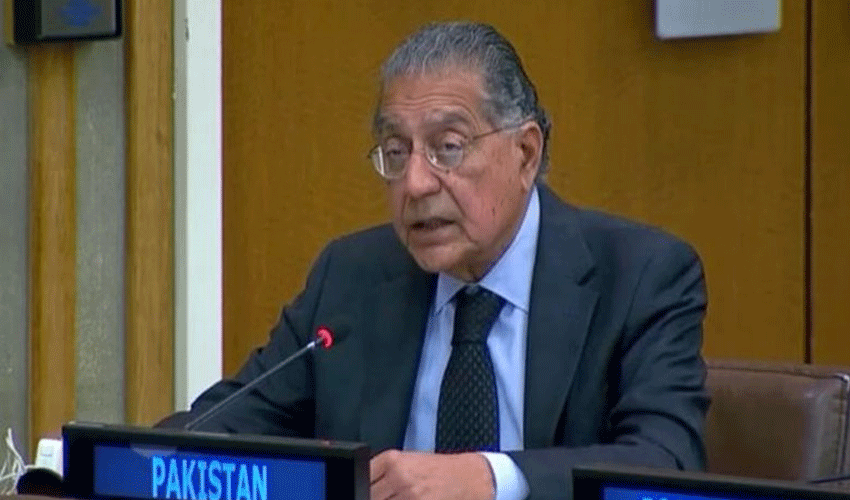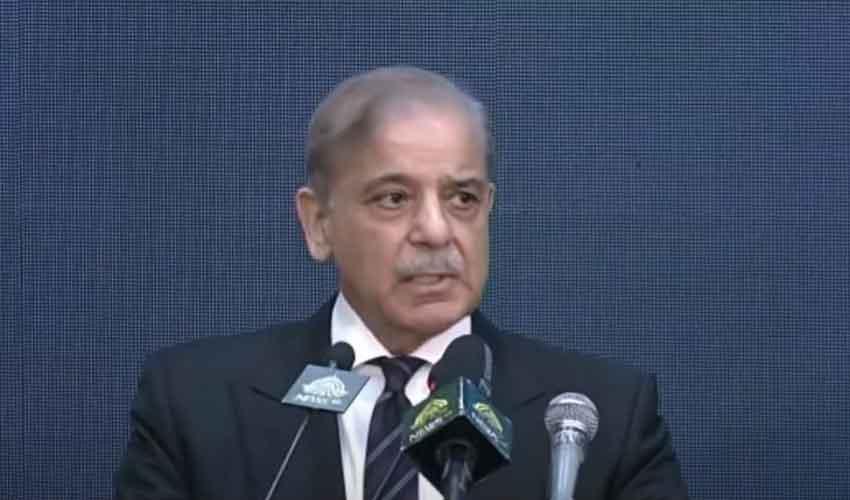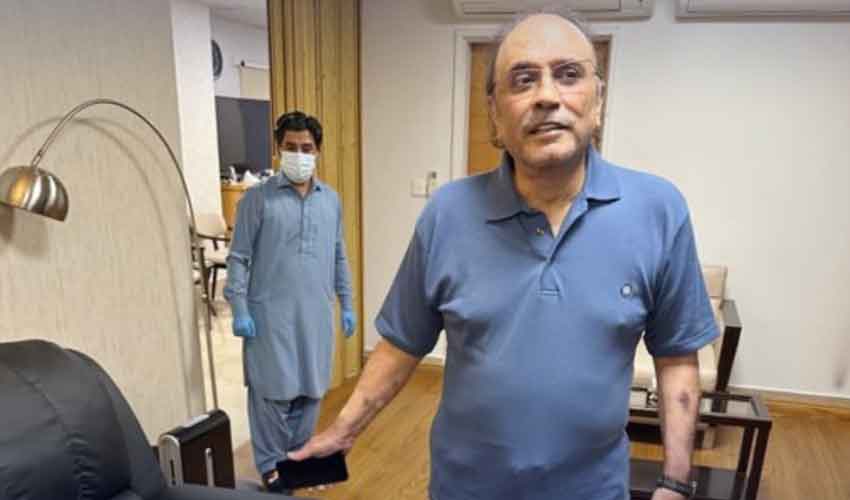Pakistan has urged the United Nations Security Council (UNSC) to take note of the support provided by the interim Taliban government in Afghanistan to the banned Tehreek-e-Taliban Pakistan (TTP).
Pakistan’s Permanent Representative to the United Nations Munir Akram told the council that Islamabad possesses “clear evidence” demonstrating the Taliban regime’s backing of the TTP, which continues to launch cross-border attacks from its sanctuaries in Afghanistan.
“All weapons used in terrorist attacks inside Pakistan originate from Afghanistan. Despite repeatedly raising concerns with the Afghan Taliban, there has been no meaningful response or improvement in the situation,” Mr Akram stated.
The Pakistani envoy said that the TTP, which comprises an estimated 6,000 fighters, has transformed into an umbrella organisation for various militant groups operating in Afghanistan.
He noted that organisations such as Al-Qaeda, the banned Balochistan Liberation Army (BLA), and the Majeed Brigade continue to function under the TTP’s patronage, posing a direct threat to Pakistan and regional stability.
‘Afghan authorities sponsoring attacks’
Mr Akram criticised the Taliban administration for failing to curb terrorism, pointing out that Pakistan has suffered significant human and economic losses due to attacks orchestrated from across the border.
“Hundreds of Pakistanis have lost their lives in terrorist attacks carried out by the TTP, while groups such as the BLA and Majeed Brigade continue to target Pakistan’s security and economic interests, including China’s investments in the country,” he said.
The ambassador also expressed concern over the absence of terrorism-related issues in the UN Secretary-General’s latest report on Afghanistan, despite the presence of over 20 terrorist organisations in the country.
He urged the UN to take immediate action, warning that the TTP could emerge as an alternative to Al-Qaeda with a global jihadist agenda.
Regional response
In response to these concerns, Pakistan is set to initiate consultations within the UN to formulate a strategy to counter terrorism emanating from Afghanistan. Mr Akram said that under the Doha Process, a counter-terrorism working group would be established to ensure more effective measures against terrorist elements in the region.
Pakistan’s warning to the Security Council follows previous statements from Islamabad, stressing that Afghanistan’s failure to act against the TTP is endangering regional security.
Prime Minister Shehbaz Sharif had earlier urged the Afghan government to adopt a decisive approach against the banned outfit, stating that a “two-pronged strategy will not work.”



























